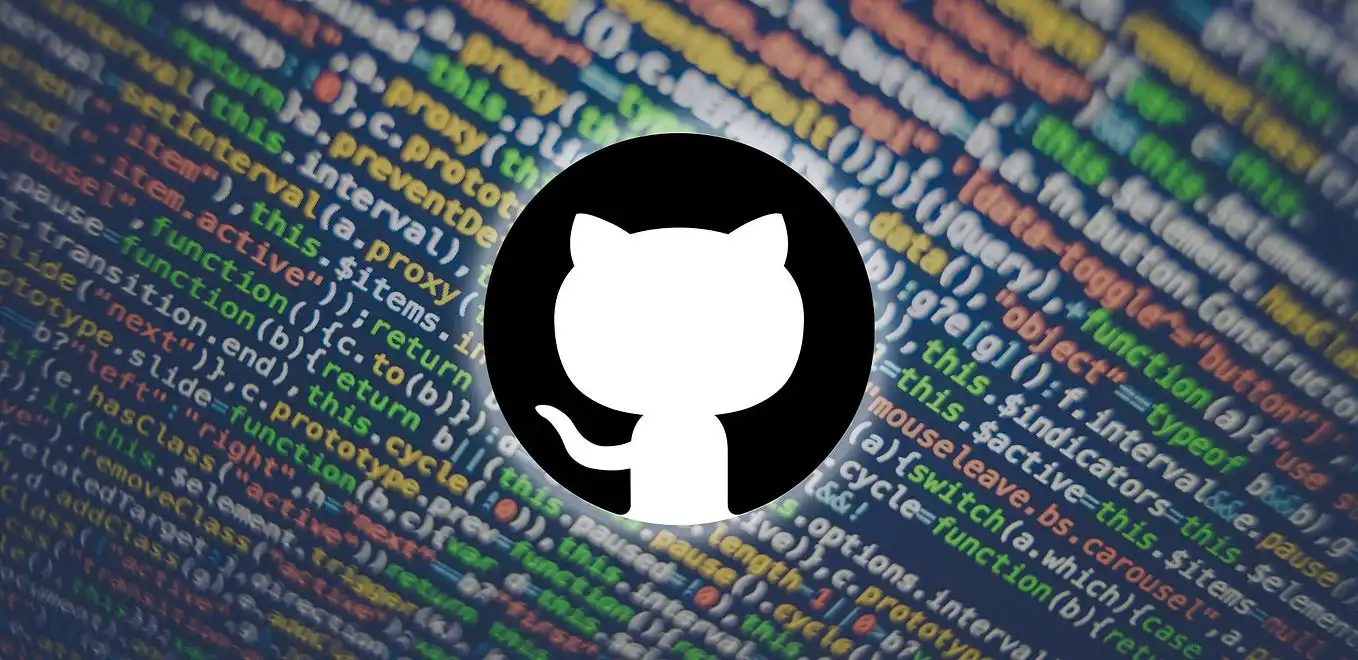The Open Source Illusion: Rethinking Your Contribution Strategy
Challenging the conventional wisdom on open source contributions, this article explores why indiscriminate contributing might be counterproductive and offers a fresh perspective on professional growth for software engineers.

As a software engineer, you’ve likely heard the mantra: “Contribute to open source to boost your career.” It’s plastered across job advice columns, echoed in tech meetups, and whispered in the hallways of coding bootcamps. But what if I told you this well-intentioned advice might be steering you off course? Buckle up, because we’re about to challenge everything you thought you knew about open source contributions.
The Open Source Gold Rush
Remember the California Gold Rush? Thousands flocked west, dreams of striking it rich dancing in their heads. Today’s software landscape isn’t too different. We’re witnessing an “Open Source Gold Rush,” with developers scrambling to make contributions, any contributions, in hopes of landing their dream job or gaining industry recognition.
But here’s the kicker: just like most gold rush miners went home empty-handed, many developers are finding that blind contributions to open source aren’t the career catalyst they were promised.
The Contribution Conundrum
Picture this: You’re a fresh-faced developer, eager to make your mark. You’ve heard that open source contributions are the golden ticket to success. So, what do you do? You scour GitHub for any project that’ll take your pull request. You’re not picky – React, Vue, TensorFlow – it doesn’t matter. You just need that sweet, sweet contribution count to tick up.
Sound familiar? If so, you’re not alone. But this approach is fundamentally flawed, and here’s why:
-
The Quantity Over Quality Trap: Many developers fall into the trap of prioritizing the number of contributions over their quality or impact. This “spray and pray” approach rarely impresses potential employers and can actually harm your reputation in the community.
-
The Context Conundrum: Jumping into a project you don’t use or understand is like trying to fix a car when you’ve never driven one. Without context, your contributions are likely to be superficial at best, and harmful at worst.
-
The Maintainer Burden: Open source maintainers are often volunteers, juggling project management with their day jobs. An influx of low-quality, context-free contributions creates more work, not less.
-
The Misalignment of Motivations: When your primary goal is padding your resume rather than solving real problems, it shows in the quality of your work.
The Hidden Costs of Contribution Obsession
But the problems don’t stop there. This fixation on open source contributions as a career strategy has far-reaching consequences:
-
Skill Stagnation: By focusing solely on making contributions, you might neglect developing crucial skills like system design, debugging, or understanding business requirements.
-
Narrow Focus: Open source projects, while valuable, represent only a fraction of the software development landscape. Overemphasis can leave you ill-prepared for the realities of commercial software development.
-
Burnout and Frustration: The constant pressure to contribute, coupled with the frequent rejection of ill-conceived pull requests, can lead to developer burnout and disillusionment.
-
Community Fatigue: As more developers adopt this strategy, open source communities are becoming overwhelmed, potentially discouraging genuine, necessary contributions.
Rethinking Your Approach: The Contribution Revolution
So, should we abandon open source altogether? Absolutely not! But it’s time for a paradigm shift. Here’s how to revolutionize your approach to open source and your career:
-
Build, Then Contribute: Before diving into open source, build your own projects. Solve real problems you encounter. This hands-on experience is invaluable and will naturally lead you to meaningful open source interactions.
-
Become a Power User: Deeply understand the tools you use daily. When you encounter limitations or bugs in these tools, you’ll be in a prime position to contribute meaningfully.
-
Start with Documentation: Often overlooked, good documentation is the unsung hero of open source. Improving docs is a great way to contribute while learning the project inside and out.
-
Engage in the Community: Participate in discussions, answer questions on forums, and help reproduce issues. These non-code contributions are incredibly valuable and help you build context.
-
Quality Over Quantity: When you do contribute code, make it count. One well-thought-out, impactful contribution is worth more than a hundred trivial ones.
-
Embrace the Issue Tracker: Don’t underestimate the value of well-written bug reports and feature requests. These contributions can be just as important as code changes.
-
Fork for Learning: Instead of immediately pushing for changes in the main project, fork repositories and experiment. Use this as a learning opportunity without the pressure of acceptance.
-
Contribute to Your Company’s Open Source: Many companies have open source projects. Contributing here allows you to align your open source work with your professional goals.
The Bigger Picture: Redefining Success in Tech
It’s time to broaden our definition of what makes a successful software engineer. Open source contributions can be part of that picture, but they’re not the whole canvas. Consider these alternative paths to growth:
-
Blogging and Knowledge Sharing: Start a technical blog or contribute to publications. Articulating your experiences and learnings can be incredibly impactful.
-
Speaking at Meetups and Conferences: Share your experiences, even if you think they’re mundane. Your unique perspective could be exactly what someone needs to hear.
-
Mentoring and Teaching: Help newer developers. Teaching is one of the best ways to solidify your own understanding and gain new insights.
-
Building Internal Tools: Many impactful tools never see the light of day outside a company. These projects can be incredibly valuable for your growth and your organization.
-
Participating in Hackathons: These events push you to think creatively and work collaboratively under pressure – crucial skills in any tech role.
-
Contributing to Tech Standards: Engage with W3C, IETF, or other standards bodies. Understanding how technology evolves at this level can set you apart.
The New Open Source Mindset
As we wrap up, let’s reframe how we think about open source:
- It’s not a stepping stone, it’s a community you’re part of.
- It’s not about personal gain, it’s about collective improvement.
- It’s not a checkbox on your resume, it’s a testament to your problem-solving skills.
- It’s not about the quantity of contributions, but the quality of your engagement.
By shifting our perspective, we not only become better contributors but also better developers and community members.
Remember, the goal isn’t to game the system with contributions. It’s to become the kind of developer who naturally makes valuable contributions because you’re engaged, knowledgeable, and passionate about solving real problems.
So, the next time someone tells you to “just contribute to open source,” take a step back. Ask yourself: Am I ready to contribute meaningfully? What problems am I truly passionate about solving? How can I best grow my skills and help the community?
Your career in software engineering is a marathon, not a sprint. Focus on building a solid foundation of skills, knowledge, and real-world problem-solving ability. Do this, and meaningful open source contributions will follow naturally – along with career success.
Now go forth, build amazing things, and remember: the best contribution you can make is to become the best developer you can be. The open source world will be waiting when you’re ready to make a real impact.
